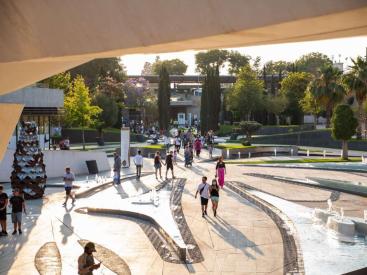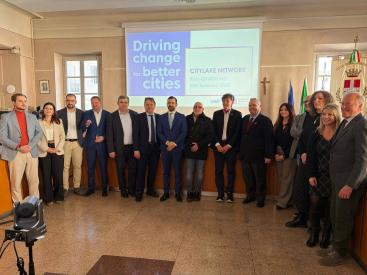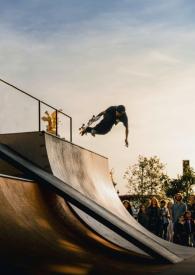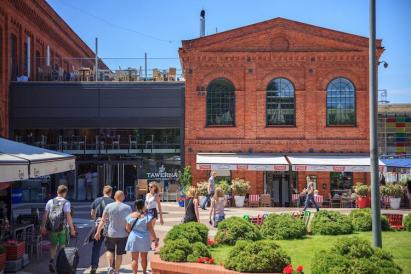21/04/2008 19/07/2011
Cruise activity and the recovery of urban and harbour building heritage: Strong elements of the common interest of sea towns to develop and strengthen the urban tourism sector.
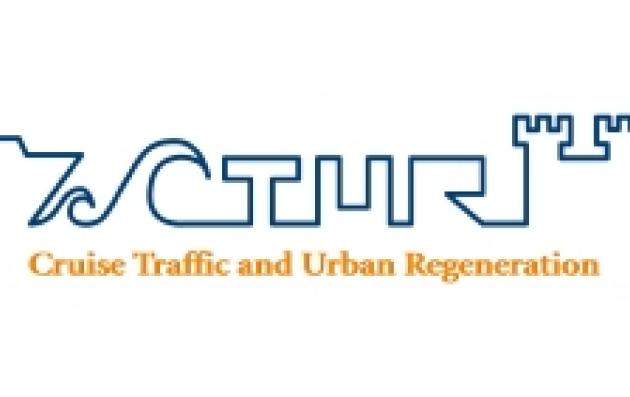
Summary
Introduction
CTUR enquires into how port-cities can be productive and no longer simple transit areas through cruise tourism activity.
This means that one of the issue is also to solve the tensions between port functions and urban functions, to answer to inhabitants’ aspiration in terms of employment, quality of life, housing and satisfying offers of equipment and public spaces.
The topic «Cruise traffic and urban regeneration», initially proposed by the city of Naples, registers in the continuity of work conducted from 2005-2007 in the framework of the working group SUDEST, centred on the study of specificities of the sustainable development of port cities.
During this programme, the partners identified a tendency of the port cities to propose city-port interface as a place where are articulated new metropolitan logics and where, in a way, is organized «the future of the port city»
In many projects of waterfront development, cruise activity is offered as a strong element of the port cities will to develop/reinforce the urban tourism industry.
Port cities must invest in a double competition: the one that the ports have to engage in order to catch maritime traffic, and the one that livens up the cities to reinforce their position on the European territory.
This is why cruise activity is the main subject of CTUR project.
Partners
Lead Partner : Naples - Italy- Alicante - Spain
- Dublin - Ireland
- Matosinhos - Portugal
- Rhodes - Greece
- Rostock - Germany
- Trieste - Italy
- Valencia - Spain
- Varna - Bulgaria
Timeline
Project launch
Project completed

